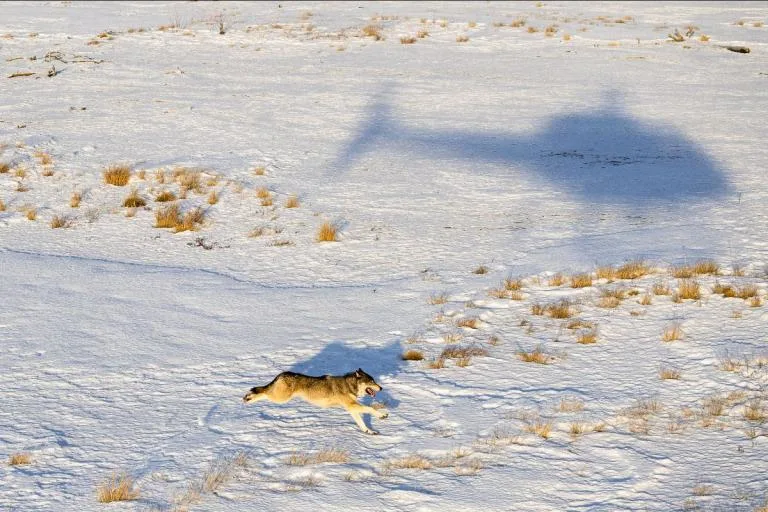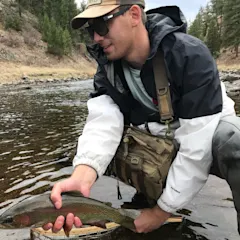Colorado officials are considering changes to a controversial wolf release program that was mandated for the state by a narrowly passed ballot initiative back in 2020. At a recent meeting with the state’s Water Resources and Agriculture Review Committee, Colorado Parks & Wildlife (CPW) Deputy Director Reid Dewalt said his agency will review its "wolf relocation process" after several wolves died following release.
“Out of an abundance of caution, CPW will assess the mortalities of wolves translocated in 2025 to determine if any translocation protocols should be modified,” said Dewalt, as reported by VailDaily. The announcement comes after at least 5 of the 15 wolves released into the state from British Columbia this year have already died. Two of those wolves were legally killed after roaming into Wyoming; the deaths of the other wolves are under investigation.
The recent road bump follows serious issues with livestock and transplanted wolves in the Centennial State. In December 2023, CPW released 10 wolves that were captured from a pack in Oregon with a history of depredation. Those animals have been responsible for multiple attacks on livestock—including one in May that involved four depredation events over the course of eight days.
For this year’s translocation, CPW officials sourced wolves from parts of British Columbia where livestock isn’t present. CPW director Jeff Davis says that the wolves from B.C. don’t seem to be responsible for significant livestock depredations, however the state’s wolf management plan requires the agency to review its translocation processes when wolf survival drops below 70 percent over 6 months. The review will kick off once the U.S. Fish and Wildlife Service completes necropsies of the wolves that recently died. In the meantime, CPW is still in negotiations with British Columbia to acquire additional wolves.
Read Next: Two States Repeal Longtime Sunday Hunting Bans
“It seems like every time we release [more wolves], it gets more complicated,” said Davis. “It’s more emotional and difficult for us to pull off that operation. And I think it’s also challenging for the [cattle] producers at the same time.”


